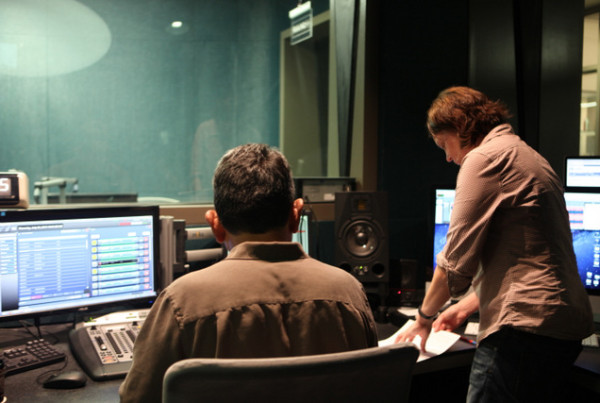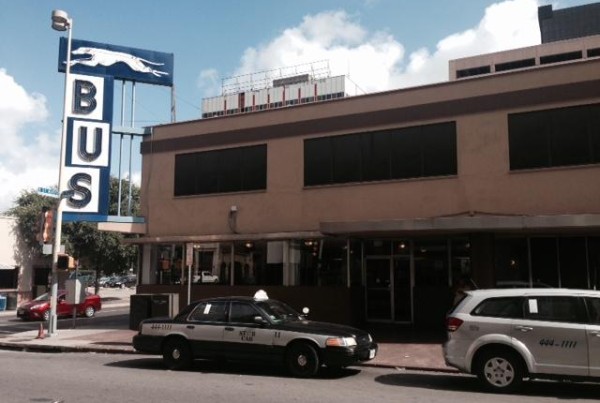Not all women and children that try to cross Texas’ Rio Grande Valley from Central America make it into the land of the free. Instead, they end up in one of three family detention centers that are used to house illegal immigrants. The centers are run by U.S. Immigration and Customs Enforcement, and are currently holding about 2,000 women and children awaiting either release or deportation.
The detention centers are getting the spotlight in D.C., with calls to either improve to abolish the centers. Now, eight democratic lawmakers are making their way to privately run Texas detention centers in Karnes City and Dilley. Among the Texas contingent are Congresswoman Sheila Jackson Lee (D-Houston) and Congressman Joaquin Castro (D-San Antonio).
“The purpose of our visit today is to make sure that the women and children that are being kept in Karnes and Dilley are being treated respectfully, compassionately and humanely in keeping with the principles and values of the United States,” Joaquin Castro says. He explains that 135 members of Congress have expressed that the women and children should be allowed alternative arrangements. Nonprofits and private individuals have shown an interest in helping with housing in order to replace use of the detention centers.
But ICE is concerned that if the women in the detention centers are allowed to leave, they may slip into the “underground economy” of undocumented labor. However, Castro says, “if you look at the rate of people who are returning for their immigration hearings, it’s extraordinarily high.”
Castro, who represents San Antonio and Bexar County, believes that there’s a responsibility to see first hand what’s going on in places when you’re going to make an argument and take a side. In order to do that, he plans on being active from both Washington and Texas.
The democrats in Congress pushing for reform in the facilities say they are prisons, though ICE disagrees. In the facilities, the women and children are kept in small, confined homes. There is some freedom of movement, Castro says, like in the cafeteria or the area where they can wash clothes. He says that there are bigger issues, though. For example, they were being charged to talk to their family members and lawyers. There were also reports of mistreatment and abuse.
Castro says that the United States should take up nonprofits and private individuals that have offered to house and monitor the women and children. It costs roughly $350 per day to house a detainee. Alternatives to detention centers are estimated to cost only $5.50 per day. “I think that that would represent the very best of our country and keeping with our principals and values,” he says.

















